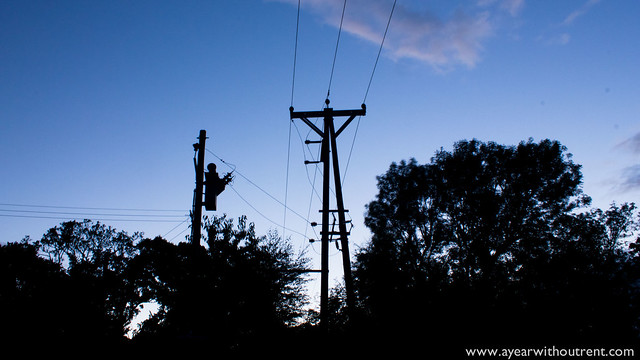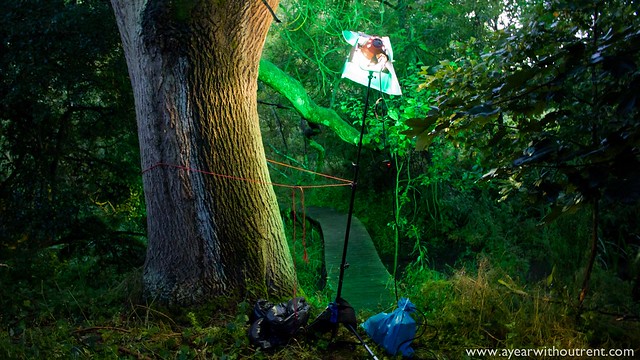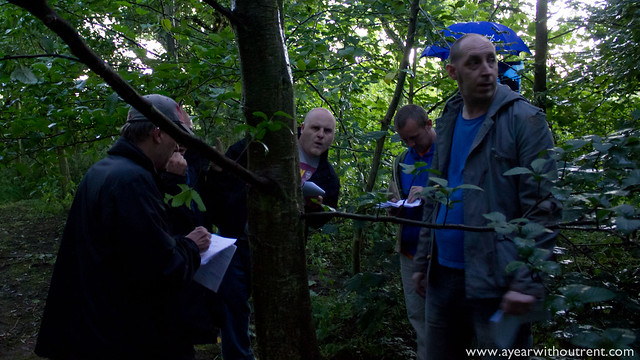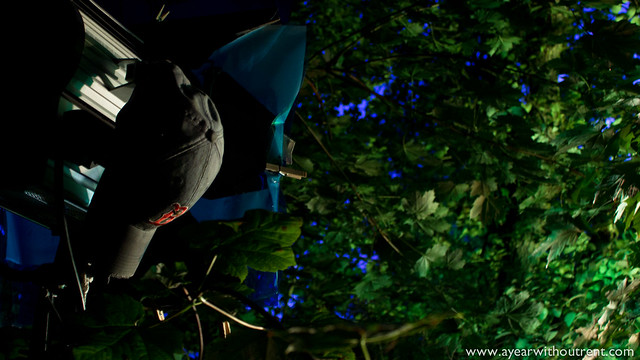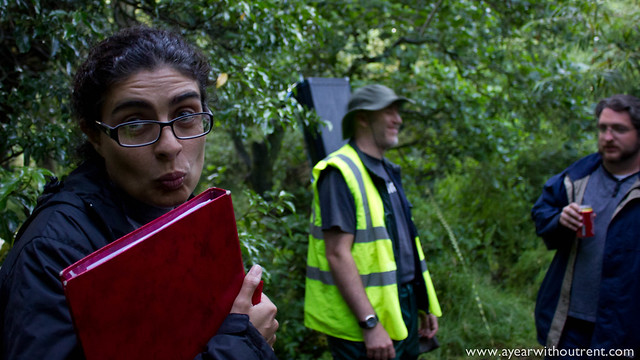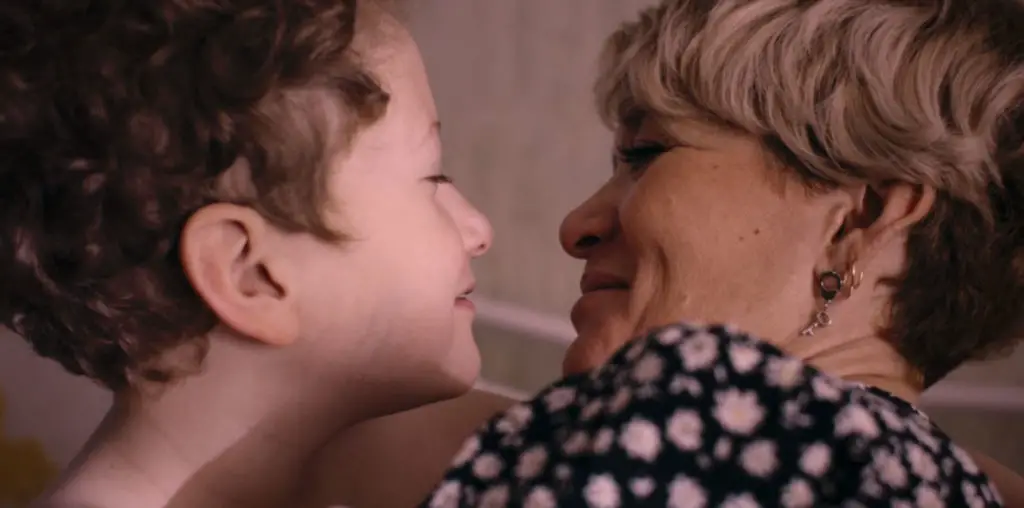
It’s easy to think of quitting as a singular action, a “f**k you” to whomever you feel has wronged you. After all, no one quits because they’re slightly annoyed. There’s a ramp-up where anger and resentment and frustration builds and builds and builds until the person just can’t take it anymore. And then they throw in the towel.
I’ve done it on corporate jobs. It’s fun.
But it doesn’t happen in a vacuum. Sure, if you’re a PA on a $20 million film, no one’s going to care if you quit. Hell, they won’t even notice. But if you’re the AD on a micro? People will notice.
There’s kind of sliding scale on these things, but the higher up you are on a film and/or the smaller the crew, the more of an a*****e you are for quitting. Because no matter what may or may not have happened and who wronged who, quitting has a ripple effect on everyone else in the cast and crew.
Your job now has to be done by someone else (or a combination of people) who are already pretty busy doing their own jobs. So the workload of those people increases, but then they likely can’t keep up with all the tasks required of them, so other people have to pick up their slack.
Chances are, those aren’t the people you’re mad at. It’s kind of like shooting a rocket launcher into a hostage situation. Sure you’ll hurt the bad guy, but there’s a lot of innocent people in there too.
Not to mention the chaos surrounding the actual act of quitting.
But if you’re the AD, who are you even mad at?
When I direct and produce a film, my motto is that everything that goes wrong, short of an Act of God, is ultimately my fault. Because, really it is. Almost everything that happens on a set stems from someone not doing their homework (or pre-production) and as the man in charge, that falls on me. The camera guy is a klutz and breaks a lens? Well, I’m the guy who hired him, so that’s on me. The owner of the location gets mad and kicks us out? I didn’t properly make sure someone was attending to his needs. It’s overly simplistic, but it works. Thing is, that rolls downhill. If you’re the AD on a film that’s 24 pages behind schedule, that’s your fault. Actors are late showing up? Your fault. The director isn’t ready to shoot when the schedule calls for it? Your fault. It’s really easy to bitch and moan about what’s going wrong. It’s a lot harder to take some responsibility for it, roll up your sleeves, and fix the f*****g problem. All quitting does is pass the work on to other people.
We’ll come back to this later.
As you’ve probably guessed, we had a defection on Day 5. Our AD has now joined the G&E team. It’s a gesture, for sure, and there’s always a need for more people to wrap wires and break down light stands, but it’s still not what you want the AD doing.
But it’s a short day with an even shorter turnaround, so that’s really what’s on everyone’s mind. We’re in the woods canopy where I previously tore down part of a tree. We’ve got to film a scene where the actors find a tree that looks like a c**k and balls. The production had one made by a local person who makes props (not our man Eliot, who’s done a fantastic job) and, well, it looks terrible. Really, really terrible. Even in a comedy, where it’s supposed to be ridiculous, it’s too much.
The decision is made that instead of a tree that looks like male genitalia, which could be hard to find, why not work with the trees God gave us? It doesn’t take long before we find a tree with a hole in it that everyone agrees looks like a “fanny”.
Apparently, in the UK, this has an entirely different meaning. You can imagine my confusion.
The light plan isn’t hard, even if it does involve stomping through some pretty dense brush, but the issue is with the entrance. We’ve been in and out of here enough, and it’s rained enough, that it’s turned into pure mud. It’s not safe. Neither Ben or I really want to start carrying heavy lights in through there. So we run cables while they put down some pallets and rubber mats to provide traction.
Once that’s done, it’s pretty easy. Producer Zahra Zomorrodian picks up the AD reigns and the day seems to run pretty smoothly. But it’s a short day, and those kind of have their own rules about them. We’re done and out of there while it’s still dark.
And thank God for that. We have to be back on set in 6 hours.
That’s not a misprint.
Filmmaker Lucas McNelly is spending a year on the road, volunteering on indie film projects around the country, documenting the process and the exploring the idea of a mobile creative professional. You can see more from A Year Without Rent at the webpage. His feature-length debut is now available to rent on VOD. Follow him on Twitter: @lmcnelly.
